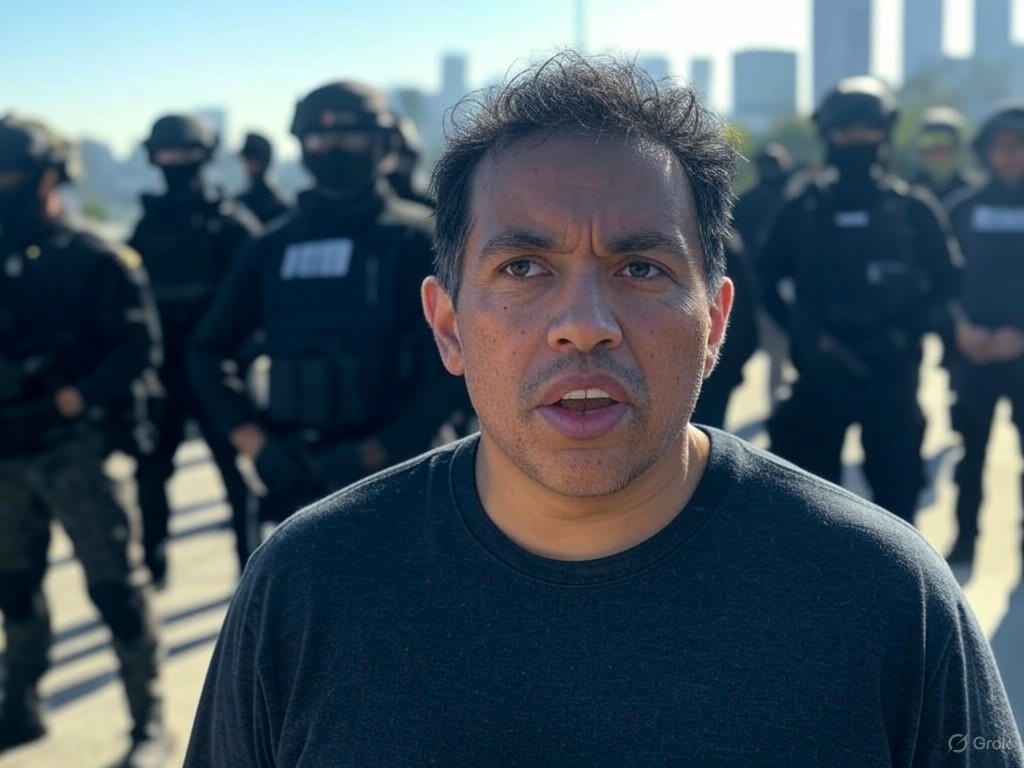Los Angeles became the epicenter of a heated debate over immigration policy this week as federal agents carried out a series of targeted raids across the city. The operations, led by Immigration and Customs Enforcement (ICE), resulted in the detention of dozens of individuals, igniting strong reactions from community members, activists, and local leaders. Reports indicate that around 44 people were taken into custody during the sweeps, though exact details about the individuals or the specific locations remain limited. The raids, which unfolded over several days, have reignited longstanding concerns about the treatment of undocumented immigrants and the role of federal authority in sanctuary cities like Los Angeles.
The city, known for its diverse population and progressive stance on immigration, saw an immediate backlash following the operations. Protesters gathered in multiple neighborhoods, holding signs and chanting slogans in support of immigrant rights. Many expressed fear and frustration, arguing that such raids tear families apart and create a climate of distrust in communities. Local advocacy groups quickly mobilized, offering legal assistance to those affected and organizing rallies to demand an end to what they describe as aggressive and inhumane tactics. Social media platforms buzzed with firsthand accounts and videos of the demonstrations, amplifying the voices of those directly impacted by the federal actions.
City officials also weighed in, with several prominent figures condemning the raids as an overreach of federal power. Los Angeles has long positioned itself as a sanctuary city, limiting cooperation with ICE to protect its immigrant residents. Some council members and community leaders called for greater transparency regarding the criteria used to target individuals during these operations. They emphasized the need for policies that prioritize community safety over fear-driven enforcement. Others urged residents to know their rights and seek support from local organizations if faced with immigration-related challenges. The tension between federal and local priorities has once again come to the forefront, highlighting the complex dynamics of immigration enforcement in urban centers.
As the dust settles, the long-term impact of these raids remains uncertain. For many in Los Angeles, the events serve as a stark reminder of the precarious situation faced by undocumented individuals and their families. Community groups are now focusing on rebuilding trust and providing resources to those in need, while activists continue to push for comprehensive immigration reform at the national level. The city’s response reflects a broader struggle across the country, where debates over border security, human rights, and local autonomy collide. While federal authorities maintain that their actions are necessary to uphold immigration laws, the outcry in Los Angeles underscores a deep divide in how these policies are perceived and implemented. Moving forward, the balance between enforcement and compassion will likely remain a contentious issue, with cities like Los Angeles at the heart of the conversation.
